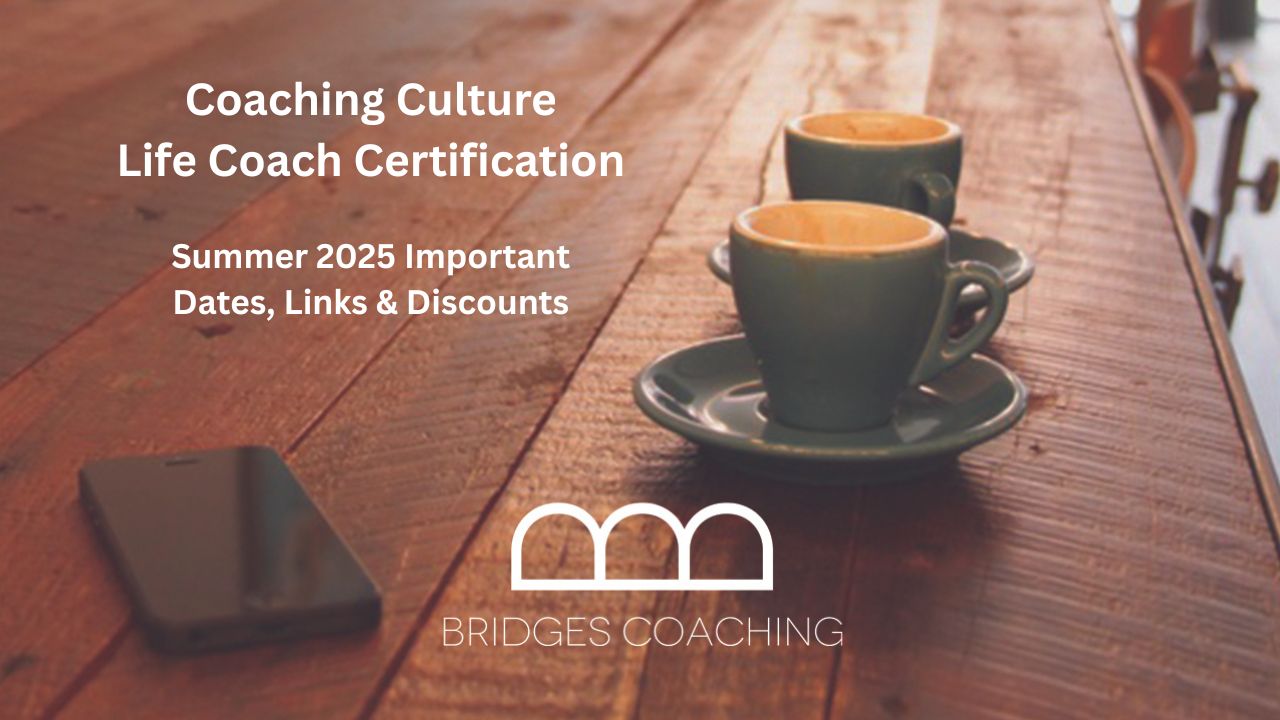3 Ways To Help Them Write Their Chapter

We are all writing our own stories. Each time we make a decision or avoid one, we are writing a new paragraph or starting a new chapter.
Whether we like it or not. Each day adds to the story. Some parts are comfortably predictable. One of my favorite parts is the end of the day when I sit in our loveseat and press the recline button, and the footrest comes out. There's a sense of rest that brings a satisfying "Ahhhh."
Some chapters are long-awaited, where we've saved up and planned for them - like a baby, a vacation, or even retirement. Other chapters come as a shock - like a sudden career shift, a loss, or an accident. Some are a good surprise - like a new relationship, a windfall or gift of some sort, or a hoped resolution coming to pass.
All chapters have choices.
Every story has a crisis. (Do you remember learning that in grade school?) Some crises come to us, and others are chosen, but every story has something that is happening in it. Every chapter is a small part of a bigg...
How About You - Whatcha Working On? or Where are you investing?

Can you answer one or both of these questions?
Being grounded as a growing follower of Jesus means we are going somewhere and/or doing something. We should be able to share how we are growing personally, what God is working in us, and where we are heading professionally in our work or volunteer investments.
If I were asked these questions, I could answer wholeheartedly. I'm growing in trust and rest, working on a new book on pendulums and investing in this next chapter of Bridges Coaching.
There are also personal applications for these questions. We may be working on health goals, cooking proficiency, a project in our home. We may be investing in building friendships or our retirement account.
The bottom line is that when we can answer these kinds of questions without reservation, we are on a journey. We are living life intentionally and not simply letting life happen around us.
Unfortunately, letting life happen to us is fairly common.
Oh, sure, maybe people have a retirement...
How Are Your People Doing?

We all have people. Think of your circles. You have co-workers, neighbors, friends from your past, current friends, and family members younger than you and older.
You interact with them in different ways. Maybe some you just wave to, but most you have some sort of conversation with. Those are the ones we are talking about today.
Conversations make up the majority of our interactions with others.
How are your conversations going?
Are some repetitive - where they share the same "things" over and over, and you wish you could help them get unstuck?
Are some wistful - where they talk about their dreams, but they don't seem to be moving toward them?
Are some shallow - where you wish you could go deeper, but you aren't sure how?
Are some sad - where you want to offer hope, but they can't seem to break through?
The Coaching paradigm can help!
Coach training isn't just for aspiring professionals (but we set them up well too). Coach principles have shifted many stale conversations and...
"Who Told You That?!" (plus what makes up the 'best' lies)

I have a coach who regularly asks me this question when he hears something not quite right in my thinking. He helps me see when my view of something in my life is not God's perspective. I hear him in my head sometimes saying, "Who told you that?"
Sometimes it is a literal person who said something to me, but more often it is a skewed version of what actually happened.
Eve had the same problem. God told her and Adam not to eat of the tree of the knowledge of good and evil. And they were doing good for who knows how long until the devil came and twisted what God said. He morphed it into a question of God's character, "Did God really say you couldn't eat of any tree in the garden?"
Then Eve has her go at skewing the truth. She says, “We may eat fruit from the trees in the garden. But God told us, ‘You must not eat fruit from the tree that is in the middle of the garden. You must not even touch it, or you will die.’"
Where did the "you must not even touch it" part come from?
The old ...
Summer 2025 Cohort Important Dates, Links, and Discounts

Cindy Scott here from Bridges Coaching. Here's some important info if you are interested in coach training this summer. Please let us know if you have any questions or if we should chat!
We are excited about our upcoming summer Life Coach Certification cohort! Have you considered joining in? Should you think about it? We are starting to fill the slots and wanted to make you aware of some important dates, links, and discounts.
Though it is gaining popularity more and more "Coaching" is more than a buzzword. There is a craft to Active Listening and Asking Powerful Questions. In fact, we believe Coaching is a modern word for discipleship as we help people engage with God and His plans for them. (If you haven't looked at the website lately we have updated a bit. It has more info and I would love your feedback!)
If you would like to have greater impact for the kingdom of God while not taking the weight of another's journey on your shoulders, maybe it is your time for Coach Training!
H...
More On Your Middle!

Last time we talked about middles - how are all likely in one, or more, and how we can go through them well if we are intentional.
Once we have identified our middle - where we have come from and where we are going, we have a choice to grit our teeth and wait it out, or we can lean into what God has on offer for us in our middle. (If you missed the last blog you can find it here.)
Instead of being angsty, you can have supernatural trust. Trust and faith only work when there is risk...
Instead of giving in to depression, you can shake it off and choose joy. It may not feel real at first, but true joy happens in spite of circumstances, not as a result of them.
Instead of confused, you can ask God for clarity. You can lean into what He wants you to know in this season, not just know about it, but experience it. (More info in the recommended books below!)
Instead of it feeling l o n n n g, you can rest in the waiting. Where is there beauty around you? What are you thankful for? How ca...
What Do You Want Your Middle To Look Like?

Middles are important!
They are, in essence, a type of bridge. A bridge connects one place to another. A middle does the same.
They can span the gap between one job and another, one relationship and the next, hurt and healing, an end to a beginning or a beginning to an end, and more.
Are you in a middle right now?
Most people are inn one way or another. So the question remains: What do you want your middle to look like?
Here are some options it could look like.
1) Angsty - It feels "responsible" to worry. I mean if wherever you are headed is important to you, shouldn't you be "concerned" about it.
2) Depressing - It can be overwhelming to think of how far it is to get there. The costs scream at you, "Is this really worth it?"
3) Confusing - You may not know exactly what got you into this middle, or you may not know exactly where it is that you will be when it is over.
4) Long - Usually there is not a clear deadline to the end of a middle. If you knew "it" would be over in a fe...
Celebrate With Us!?

Recently I had a dream come true!
Can I share? Bridges Coaching is just about 14 years old now and for at least half that time has employed others besides just me. (Shout out to those of you who have facilitated a peer pair!! I'd list you all but am entirely fearful I would miss someone.) Two colleagues stand out - Sarah Fulton and Michelle Pavasars have been working with me consistently for quite a few years now! Sarah facilitates the Coaching Culture Life Coach Certificaiton cohorts and Michell hosts the Next Level Coaching Training cohorts.
Earlier this year Michelle contacted me and said she was planning a trip East and wondered if we could get togehter. Michelle lives in California - so it is a real treat when I get to see her in person. This trip would be our third time including the day we met in California and one other brief brunch when her family was visiting DC.
Of course I said YES!!
As the time apporached I got a God-idea! What if we invited Sarah, who lives in FLorid...
Alright! Let's Get Going! (Walk with me on my real-life journey!)

In this blog we will be looking at A- action steps on the Coaching ROAD, but first a quick overview and some bonus links if if you like.
R- recognize = choosing a focus.
O - ownership = identifying and removing obstacles
A - action steps = building the actual plan
D - dedication = maintaining the gain
I want to share a current journey I am taking down the Coaching ROAD. Many of you know I am working full-time at Bridges again. I am LOVING it, but it comes with some challenges as well. My office is in our home and I love that too, but honestly, I can lose steam during the day sometimes and I find myself doing other things instead of what I meant to be doing (I guess I am like the Apostle Paul in that way - see Romans 7).
Here is my embarrassing distraction disclosure list: daydreaming, (the dreaded) scrolling, making dinner, cleaning, working on something funner than what I intended to be working on, texting, playing Township, calling my mom... Okay, some of them are worthier d...
Tackling The "If Only" Hurdle (O in the Coaching ROAD)

What if you could see your "if only" as a hurdle not a closed gate?
What's an "if only"? I'm glad you asked!
"If only's" are the mental obstacles that come up when you think about forward movement.
In Coach Training we categorize them in past, present, and future. They sound like this:
Past: If only I...
- grew up in a different family.
- hadn't gone through that trauma.
- didn't make that decision.
Present: If only I...
- had more money.
- had more time.
- could connect with that one person or org.
Future: If only I...
- had a better promo plan.
- knew how long it would last.
- knew it would work.
Here's the thing. "If only's" rob us of what could be. They are like a chasm; we can build bridges to get over them. "If only's" are excuses that have dug a rut in our thought patterns. They are the obstacles we come up against when we think about the goal we want to move toward.
We've been talking about the Coaching ROAD. First comes R- recognizing the focus we want to pursue. ...
